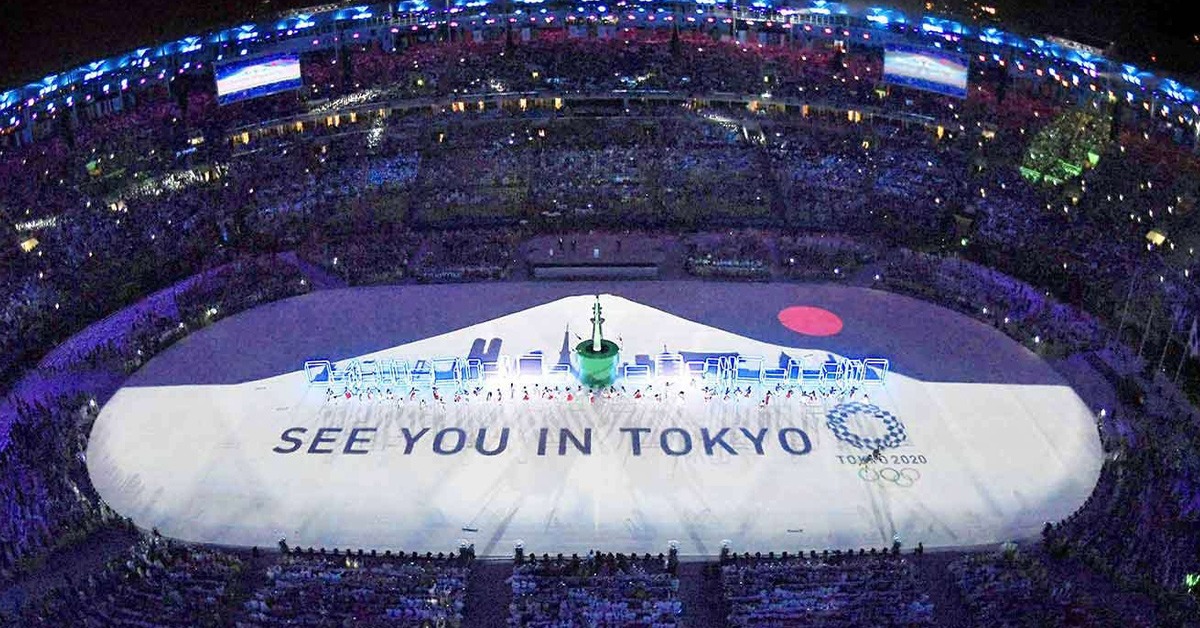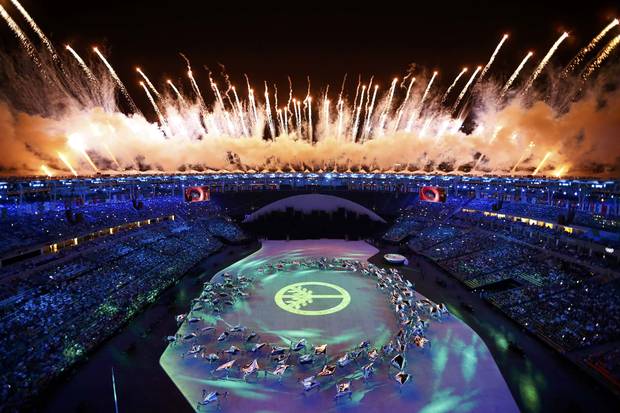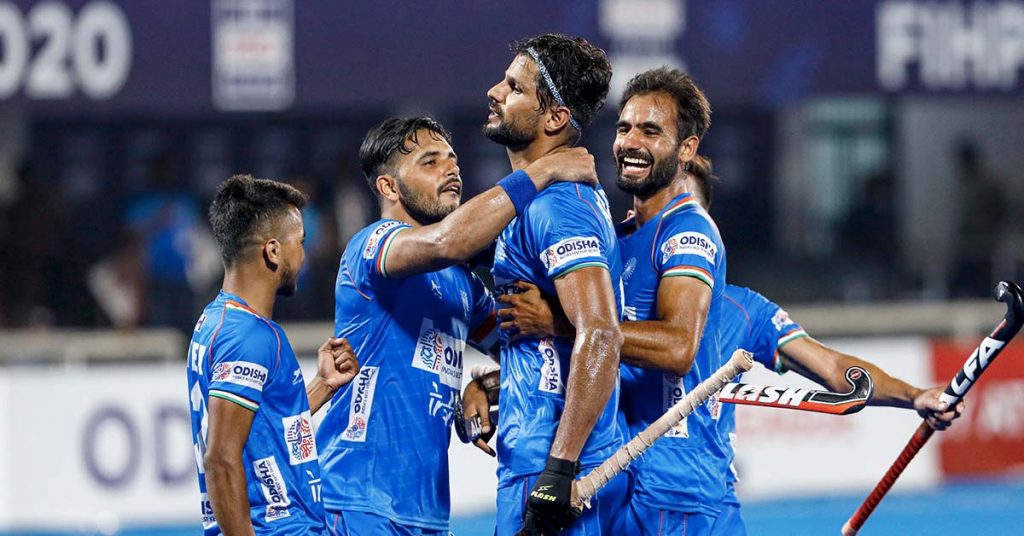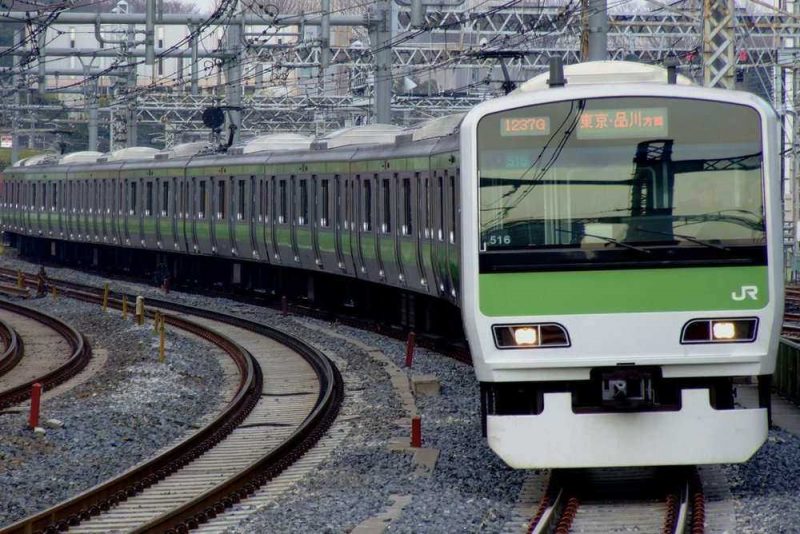Featured
Tokyo 2020: Price of tickets at the Olympics and getting around the city

Part 2 of this article series explored the complicated process for purchasing Olympic tickets. This part now looks at how much do these tickets actually cost, and also outlines the costs for getting around Tokyo.
Ticket Prices
As explained by the Athletics Men’s 100m example in Part 1 of this article series, ticket prices vary massively from sport and sport and also from category to category for the same event.
A full list of base prices for all tickets is available here. The link also shows the seat map of all stadiums which can be a great indicator of the difference in various price categories of tickets, and thus can be a great help in determining which category to opt for. Another aspect to pay attention to is whether tickets for various categories in a particular event have reserved seating (i.e., fixed seat numbers) or general admission (i.e., no seat numbers). While most events are seated, there are a few standing tickets available as well in a few events. Also, note that the “Tokyo 2020 Group Tickets” mentioned in the link are special discounted tickets for senior citizens, children and disabled individuals but are almost impossible to come by and seem to be sold pretty much exclusively to Japanese residents only.
The base price for some of the costliest tickets out there are as follows (all INR prices are approximate).
- Opening Ceremony - JPY 300,000 (INR 194,000), Category A
- Closing Ceremony – JPY 220,000 (INR 142,000), Category A
- Major Athletics Finals – JPY 130,000 (INR 85,000), Category A
- Swimming Finals – JPY 108,000 (INR 70,000), Category A
- Men’s Basketball Final – JPY 108,000 (INR 70,000), Category A
- Artistic Gymnastics Finals – JPY 72,000 (INR 47,000), Category A

However, there is no need to be spooked. Even all the above costliest events (except for the Men’s Basketball Final) offer cheaper tickets under JPY 12,000 (INR 7800). And no, these cheaper tickets are not horrible standing tickets where you will hardly be able to see anything. These tickets also offer proper seat numbers and are expected to offer good views, even though they may be a bit far from the action.
Personally, I can attest that in Rio 2016, I watched Usain Bolt from the cheapest available seats and the view was incredible. However, luck also does play a role, since ticket buyers cannot choose their own seat numbers, and only the ticket category can be chosen.
Of course, there are many other cheaper sports available as well, with some India-relevant sports like shooting, archery, hockey and weightlifting offering some of the cheapest tickets. The base prices for some tickets that should be highly sought after by Indian fans are as follows (currently, 1 JPY = 0.65 INR approx.).

Shooting
Rifle/Pistol - 1 day (Qualification + Final), JPY 5500, Category A
Shotgun – 1 day (Qualification + Final), JPY 4000, Category A
Hockey
Group Stage (2 matches per session) – JPY 4000, Category A
Quarter Finals (2 matches per session) – JPY 7500, Category A
Semi-Final – JPY 9500, Category A
Final – JPY 10000, Category A
Archery
(QF + SF + Final) – JPY 7000, Category A
Weightlifting
JPY 12800, Category A
Boxing Medal Matches
JPY 7500-8000, Category D
Badminton Semi-Finals/Finals
JPY 17500, Category C; JPY 8000, Category D
Wrestling
Morning (R16 + QF + Repechage) – JPY 13500, Category A; JPY 4000, Category D
Evening (SF + Medal Matches) – JPY 8000, Category D
Tennis Centre Court (includes outside courts)
Earlier Rounds – JPY 12000, Category A
QF/SF – JPY 20000, Category A; JPY 7500, Category D
Final – JPY 10000, Category D
Athletics
JPY 6000-11800, Category D; JPY 3000-5800, Category E
Also, when you are travelling to the greatest show on earth, it might be prudent to take in some popular global events as well as some relatively low key sports that you may have never watched, even though they might not have a strong Indian presence (or any at all, for that matter). Some such options could be
Swimming
Prelims – JPY 10000, Category C; JPY 5800, Category D
Finals – JPY 11800, Category D
Artistic Gymnastics
Prelims – JPY 10500, Category C; JPY 4000, Category D
Finals – JPY 11800, Category D
Sport Climbing
JPY 3000-12500, Category A/B
Skateboarding
JPY 4000-11500, Category A/B
BMX Cycling
JPY 2500-12500, Category A/B
Fencing
JPY 7500-11500, Category A
Beach Volleyball
JPY 3500-8000, Category C
Choosing a various mix of events, one can easily do about 12-14 sessions over 7-8 days in a base price of under JPY 120,000 per person. As explained in Part 2 of this article series, the ATR then charges 20% on top of the base price, in addition to possibly some extra fees and delivery cost. So, on the whole, the actual cost of such tickets should come to about INR 90,000-100,000 per person. Also, it is unclear whether the centralized global sale in April will also be charging a 20% mark-up like ATRs or will be just selling at the base price, but indications are that the 20% mark-up will be there.
If you expand your stay to encompass the entire duration of the Olympics, about 24-25 sessions can be done in a base price of about JPY 220,000 per person (provided you are able to obtain all the tickets you want), which would translate to about INR 180,000 after all the additional costs. Of course, the variance here is vast and there are no limits to the amount of spending if you want to splurge on the most expensive tickets.
Transportation
Taxis are very expensive in Japan. My family of 4 have travelled around the world and often when we research any destination on the internet, we find a lot of people suggesting how much cheaper trains and buses are compared to taxis. But, what we have generally found is that 4 people is the ideal number for a taxi, and when you add up the cost of 4 train tickets or 4 bus tickets, a taxi often comes out to be a similar cost or even cheaper besides being a lot more convenient. However, in Japan, this is decidedly not true. Even after accounting for 4 train tickets, the taxi costs are generally in a different plane when compared to trains.
While it varies depending on region, time of day and tolls, in general the base taxi fare in Tokyo for the first 1.052 km ranges from JPY 380-410 with an increase of JPY 80 for every additional 237m. The cost also increases when the taxi is not moving in traffic or waiting, and there is a 20% surcharge at night. Uber is relatively new in Japan, more expensive, has limited coverage area and in general is not popular.
As a reference point, a taxi from the Narita Airport to the city (about 70-80 km) can cost in the range of JPY 20,000-30,000 whereas a bus or train ticket for the same journey will cost in the neighbourhood of JPY 3000 per person. Thus, while taxis can provide an alternative to walking for a short distance of 1-2 km, for greater distances it is advisable to use trains. And Tokyo has a stupendous train network.

From an Olympic perspective, this link can be used to find the nearest train station to every Olympic venue. Once the train stations are known, duration and cost for travel from station A to station B can be obtained from the excellent site Hyperdia. If staying in the Tokyo city centre, around JPY 1000-1200 should be a good budget per day for getting around the city.
A great option is to purchase a Suica or Pasmo card, which are basically pre-paid cards that can be loaded with money and used on pretty much all trains and buses besides even a few malls and convenience stores. The appropriate fare gets automatically deducted when you pass through the train station turnstiles and thus you avoid the hassle of calculating the fare and purchasing separate tickets for every train journey.
If you intend to travel to the Osaka/Kyoto region for a few days, a 7-day JR pass (available only to tourists) is very handy. It can be used for almost all inter-city travel as well as some intra-city travel. It costs JPY 29,650 if purchased before arrival in Japan, and considering that Tokyo to Osaka one way train fare is about JPY 15,000, the pass pays for itself in the Tokyo-Osaka return journey itself.
The final part of this article series will deal with other costs associated with any trip such as sightseeing, activities and food and will also provide a sample itinerary.
*This article series has been written in conjunction with my sister Kavita Choudhary who blogs about our family travels at https://4holidaymaniacs.com/

